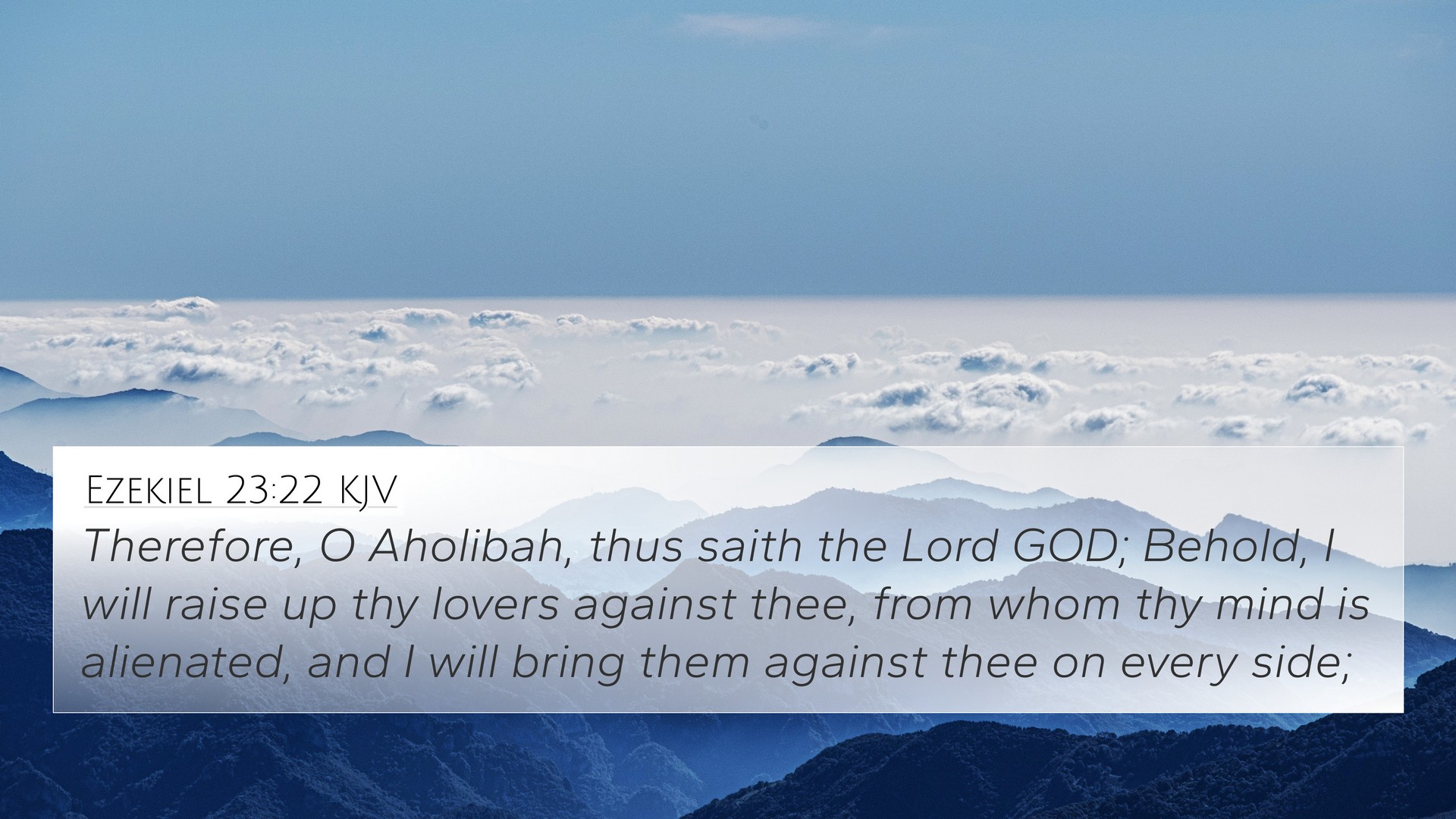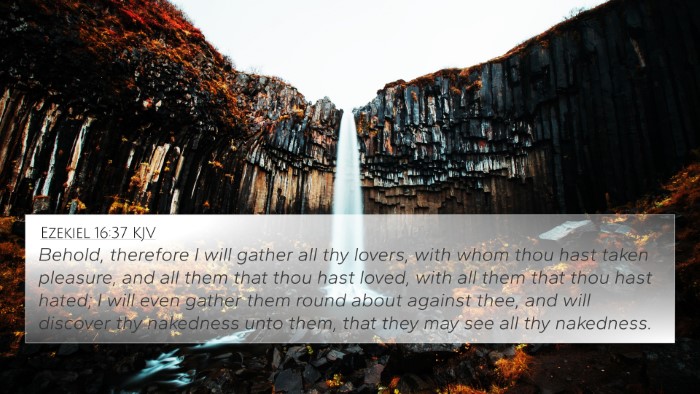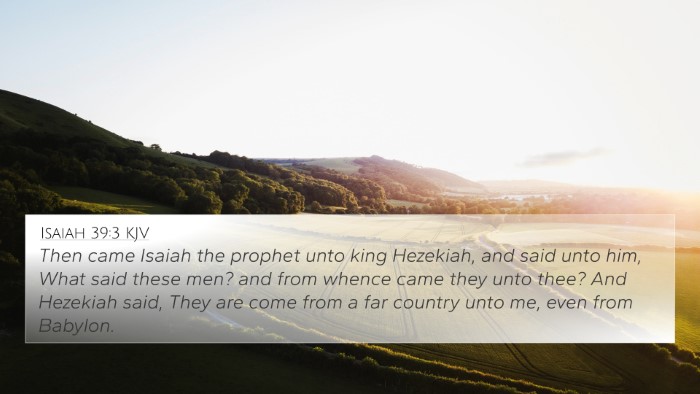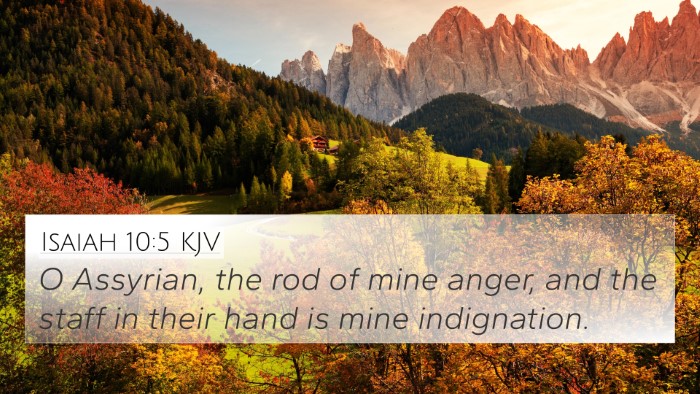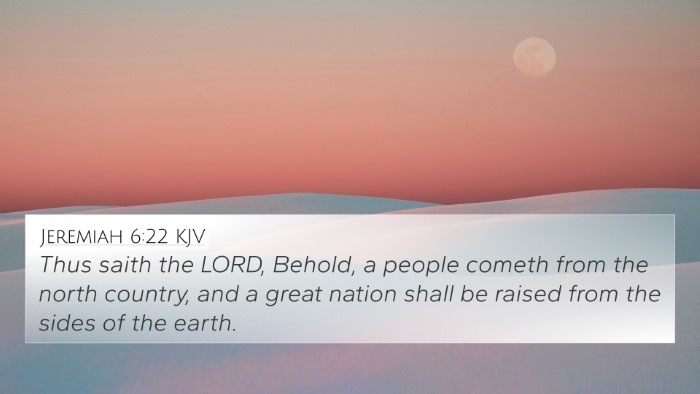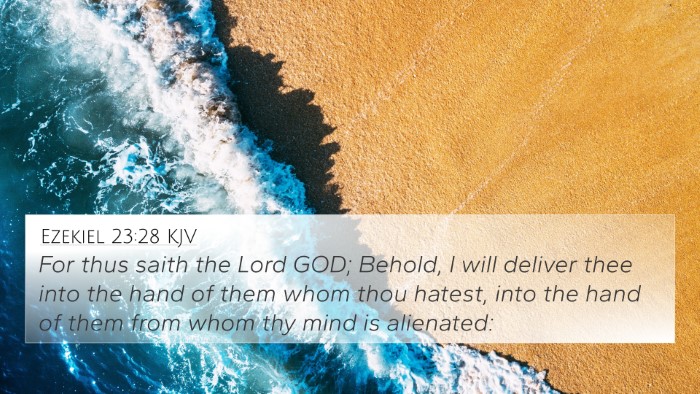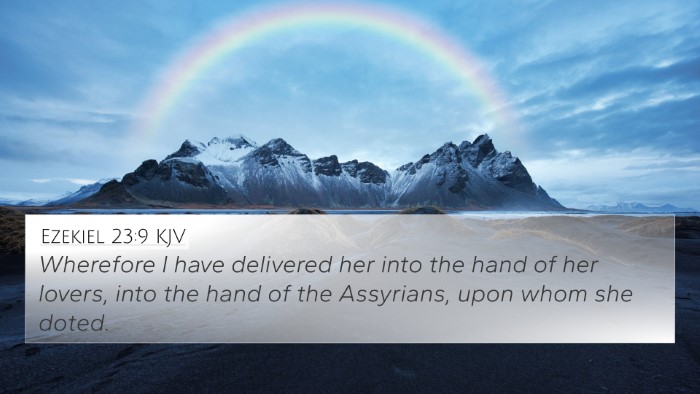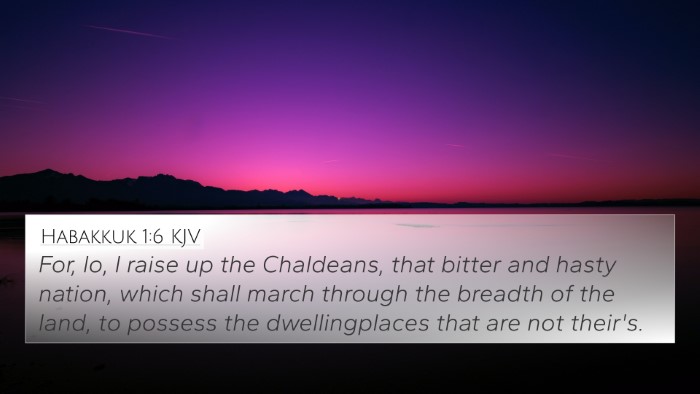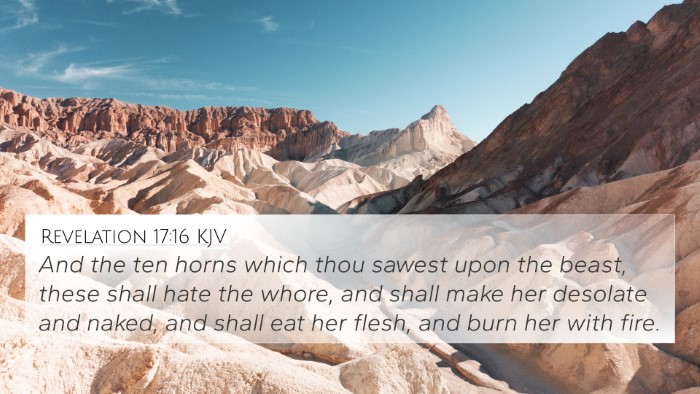Understanding Ezekiel 23:22
Ezekiel 23:22 states: "Therefore, O Aholibah, thus says the Lord God: Behold, I will stir up your lovers against you, from whom your soul is alienated, and I will bring them against you from every side."
Meaning and Analysis
This verse is part of a larger allegorical narrative in which Israel is represented as two sisters: Oholah and Oholibah, symbolizing Samaria and Jerusalem respectively. Ezekiel employs vivid imagery to describe Israel’s unfaithfulness and the inevitable consequences that follow.
Key Themes:
- Judgment for Infidelity: Oholibah (Jerusalem) is called to account for her spiritual adultery, wherein she pursued her alliances with foreign nations instead of relying on God.
- Divine Retribution: The phrase “stir up your lovers” represents the nations that were once allies but are now turned against Israel as a form of divine punishment for their infidelity.
- God's Sovereignty: This verse emphasizes God's control over the events of nations, showcasing His ability to use even those who were once allies for His purposes.
Public Domain Commentary Insights:
Matthew Henry: He describes this passage as a dire warning. Henry notes that God's judgments are often executed through those who are closest, reflecting the betrayal that occurs in relationships of trust.
Albert Barnes: Barnes emphasizes the deliberate actions of God in bringing these nations against Israel. He highlights the emotional turmoil involved in spiritual betrayal, illustrating the pain of being forsaken by allies.
Adam Clarke: Clarke expands on the imagery used, explaining that the term "lovers" signifies both alliances and the intimate nature of Israel's relationships with pagan nations. He points out that this reflects a deeper spiritual corruption.
Cross-References from Scripture:
- Jeremiah 4:30-31: A depiction of Jerusalem’s desolation and unfaithfulness, reinforcing the message of judgment.
- Isaiah 1:21: Jerusalem is compared to a harlot, illustrating the theme of infidelity within its relationship with God.
- Hosea 1:2: The metaphor of Israel as unfaithful mirrors the themes expressed in Ezekiel, portraying God’s sorrow over Israel’s turn to idolatry.
- Psalm 78:58: This verse addresses Israel’s provocations of God’s anger through their idolatry, connecting to the themes of separation from God’s blessings.
- Ezekiel 16:30-33: A direct comparison can be drawn between these passages highlighting the promiscuity of Jerusalem with surrounding nations.
- Revelation 17:1-6: This New Testament passage discusses the figure of the great harlot, furthering the theme of spiritual infidelity and its repercussions.
- James 4:4: The New Testament echoes this sentiment, stating that friendship with the world is enmity with God, creating a direct link between the testaments regarding unfaithfulness.
Conclusion
Ezekiel 23:22 serves as a poignant reminder of the consequences of turning away from God and the realities of spiritual infidelity. The use of powerful imagery and metaphors not only illustrates the intimate betrayal but also the severity of divine judgment.
Cross-Referencing Biblical Texts
For those interested in Bible verse cross-references and exploring the connections between Bible verses, this passage exemplifies the importance of understanding the broader narrative through a comparative Bible verse analysis. Tools such as a Bible concordance or a Bible cross-reference guide can help in identifying the inter-Biblical dialogue and themes that run through Scripture, allowing for deeper insights into both Old and New Testament connections.
